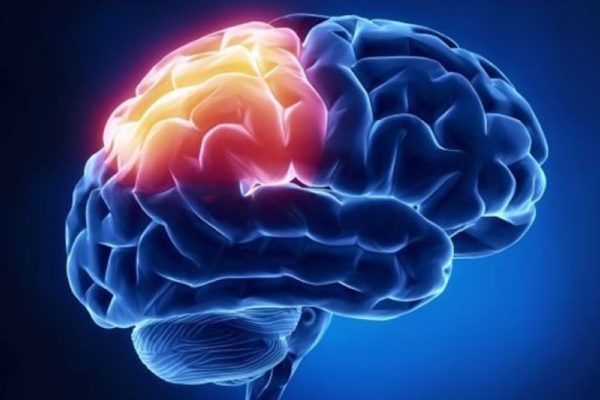Do babies know what we like?
Behind the chubby cheeks and bright eyes of babies as young as 8 months lies the smoothly whirring mind of a social statistician, logging our every move and making odds on what a person is most likely to do next, suggests new research co-led by Washington University in St. Louis.
Researchers to model brain’s memory network
Washington University in St. Louis brain scholars will join teams from four other universities in a five-year, $7.5 million research project that aims to build and test the most comprehensive model yet of how people understand and remember events.
Learn about the ‘Amazing Brain’
The Amazing Brain Carnival, beginning at 10 a.m. Saturday, March 5, delivers a full day of brain demonstrations, experiments, puzzles and games at the Saint Louis Science Center. Visitors also will get to touch a real brain.
Brain region learns to anticipate risk, provides early warnings, suggests new study in Science
Joshua Brown of WUSTLA new theory suggests that the brain may subconsciously help us avoid risky situations.While some scientists discount the existence of a sixth sense for danger, new research from Washington University in St. Louis has identified a brain region that clearly acts as an early warning system — one that monitors environmental cues, weighs possible consequences and helps us adjust our behavior to avoid dangerous situations. “Our brains are better at picking up subtle warning signs than we previously thought,” says WUSTL research psychologist Joshua Brown, co-author of a study on these findings in the Feb. 18 issue of the journal Science.
Brain region learns to anticipate risk, provides early warnings, suggests new study in Science
Joshua Brown of WUSTLA new theory suggests that the brain may subconsciously help us avoid risky situations.While some scientists discount the existence of a sixth sense for danger, new research from Washington University in St. Louis has identified a brain region that clearly acts as an early warning system — one that monitors environmental cues, weighs possible consequences and helps us adjust our behavior to avoid dangerous situations. “Our brains are better at picking up subtle warning signs than we previously thought,” says WUSTL research psychologist Joshua Brown, co-author of a study on these findings in the Feb. 18 issue of the journal Science.



